|
Please tune in tomorrow, November 21 at 1:00 PM (CST) / 12:00 PM (MST) to hear my interview with Shelly Kenow on her show, #No Limits Podcast. Information on joining is below. I hope to see you tune in.
0 Comments
How do you determine if something is true or false?
Do you decide based on who the person is that is telling you the information? Do you base your assumption on the type of information being conveyed? Do you just trust your gut instincts? There is a Chinese proverb that might help illustrate this predicament: If one person tells you there is a tiger roaming in your village, you can assume they are lying. If two people tell you, you begin to wonder. If three people say it's true, you're convinced there's a tiger roaming in your village and you run for your life. While the proverb came about hundreds of years ago, it is probably more relevant than ever in our social media age. People will believe almost anything if enough people tell them it's true. According to a post from ABC News (Calabrese - 5/29/2020), here are five ways to spot disinformation on social media: 1. Is this the original account, article, or piece of content? 2. Who shared or created the content? 3. When was the content created? 4. What account is sharing the content? When was the account created? Does the account share information from all over the world, at all times of the day? Could this be a bot? 5. Why was this content shared? Applying the Who, What, Where, When, and Why questions to information you receive on your social media feeds, can help you prevent the spread of disinformation. You can also use the many free online fact-checking tools to help determine the validity of the posts you question. However, the vast majority of disinformation can be dismissed by asking, "Is this real?" and spending a few minutes doing a little online research to decide if it is true. Please leave me a comment about how you make a decision regarding the truth of the information you receive on your social media feeds. Please check out my latest YouTube recording from The Above The Bar Podcast with Shawn Murphy. You can watch the podcast by clicking on the PODCAST & SPEAKING VIDEOS button at the top of this page and scroll down and click on The Above The Bar Podcast tab.
Please check out my latest YouTube recording from That Independent Streak Podcast with Wendy Campbell. You can watch the podcast by clicking on the PODCAST & SPEAKING VIDEOS button at the top of this page and scroll down and click on That Independent Streak Podcast tab.
Please check out my latest YouTube recording from the Cuzo 2 Cuzo Podcast with Cuzo Von. You can watch the podcast by clicking on the PODCAST & SPEAKING VIDEOS button at the top of this page and scroll down and click on the Cuzo 2 Cuzo Podcast tab.
Would you say you are a good leader who exhibits integrity and doesn't mislead others? Would the people you lead say you are an individual who demonstrates integrity? Having integrity means you are ethical, honest, and live by a set of foundational principles. When I was in the Cincinnati (Ohio) Police Academy, we were trained to understand the difference between mistakes of the head (mind) and mistakes of the heart. As a police officer, integrity is one of the most important traits you possess. Making a good-faith decision that turns out to be wrong is a mistake of the mind. While sometimes these mistakes can cost a great deal of time, money, and sometimes, lives, they are mistakes that possess teachable moments that you can learn from. People still need to be held accountable for these types of mistakes, but they were not made with the intent to cause harm. Mistakes of the heart are not really "mistakes" at all. They are conscious, unethical, and even immoral acts that were made based on bias or ill intent, usually for the purpose of self-gain. People need to be held accountable for these types of mistakes as well, especially since they were made with the intent to cause harm. Here are 8 ways to determine a person of integrity from the website BetterUp (Perry - 6/30/2022): 1. Are they reliable and dependable? 2. Are they trustworthy, especially with sensitive information? 3. Do they practice open communication? 4. Are they respectful, honest, and patient with others? 5. Do they have a strong work ethic and produce quality work? 6. Do they admit their mistakes and take responsibility for their actions? 7. Do they make good, sound decisions? 8. Do they put the needs of others before their own needs? Having integrity means delivering on your commitments, being a person of your word, and staying aligned with your personal values and principles. Being a person of integrity will help you build better relationships, stay focused on what is important in your life, and allow you to define success based on your truths. Please check out the video below to learn more about the importance of being an ethical and values-based person. Also, please leave me a comment about your thoughts regarding the importance of being a person of integrity. As he did when he developed an abnormal heart rhythm called, AFIB, Big Northern Bear set up a support system to help and bolster patients with this condition. He would like to do the same to help those afflicted with Glioblastoma. I made a commitment to the Bear that I would use my platforms to reach out to those who might be suffering from this form of cancer, or who know someone who has this disease. Please watch the video below to learn more about how you can help. Thank you for your time and commitment. Monday Morning Motivational Message - Lying (Or How To Spot Someone Who Is Being Dishonest)11/13/2023 How often do you lie, tell a half-truth, or "stretch the truth" on a daily basis?
Would you be surprised to learn the average college student lies in about a third of their conversations and adults are dishonest in about 20% of their interactions? Extroverts lie more than introverts, 81% of online dating profiles deviate from the truth, and approximately 82% of all lies go undetected. According to the Federal Trade Commission, in 2022, scam victims lost more than $8.8 billion to fraud (lying), which is a more than 30% increase from 2021. And despite all the books and courses you can read or take that will educate you on how to spot someone who is lying, we only detect a liar about half of the time. Here are ten, scientifically-based ways, to spot a liar (according to an article on the Forensic Education Blog): 1. The person has a change in speech pattern. 2. They use non-congruent gestures. 3. Not enough is said. 4. Too much is revealed. 5. There is an unusual rise or fall in vocal tone. 6. They make direct eye contact 70% of the time. 7. They put their hand over their eyes or mouth. 8. There is excessive fidgeting. 9. Finger-pointing or gesturing toward someone else. 10. Self-identifying as a "good liar." While the ten signs listed above are based on quantitative and qualitative research, no single technique or sign should be used to determine if someone is lying. One of the best ways to decide if someone is lying is to be nice. Getting people to like you will cause them to open up and talk. Talking too much may cause them to make a mistake that reveals deception. Don't accuse people, just be curious and ask questions. Please leave me a comment about your thoughts regarding being deceptive in your daily encounters. |

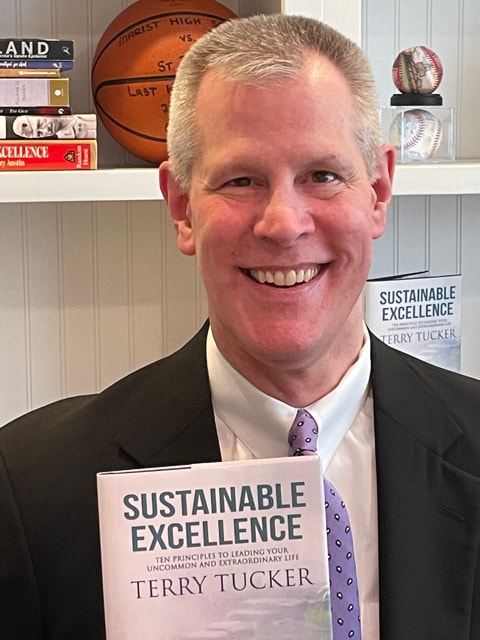
Author & SpeakerTerry is a sought after speaker who believes in the power of a story to motivate, inspire, and help others lead their uncommon and extraordinary lives. By combining his twelve-year cancer journey with his diverse business, athletic coaching, and hostage negotiating expertise, he delivers compelling yet relatable presentations for conferences, on-line events, panels, meetings, and seminars. Archives
May 2024
|

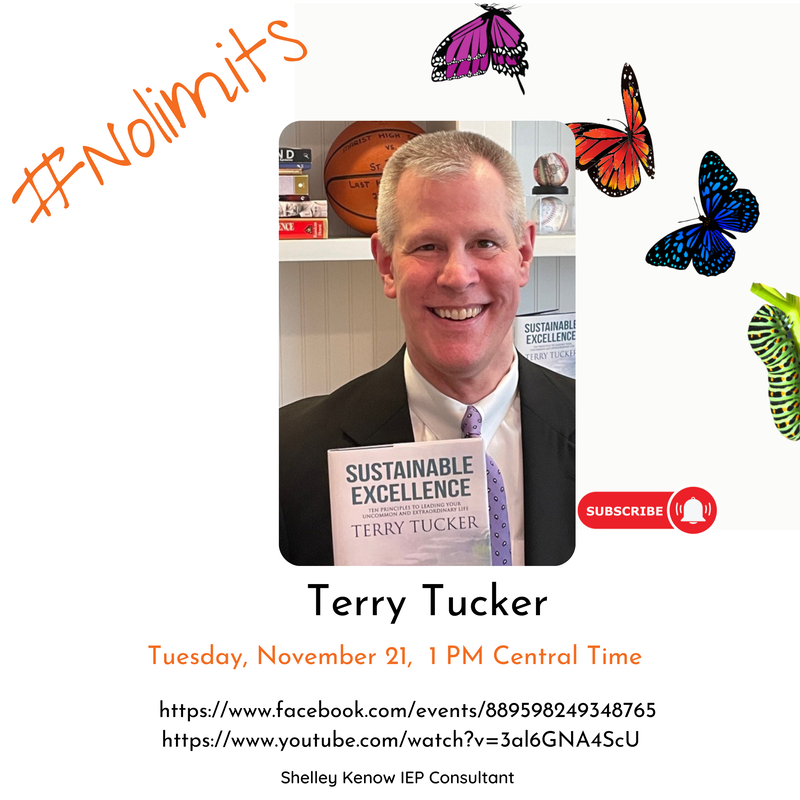
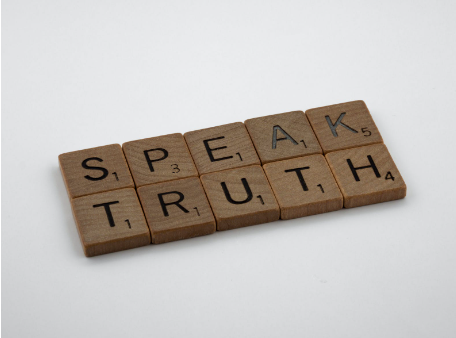



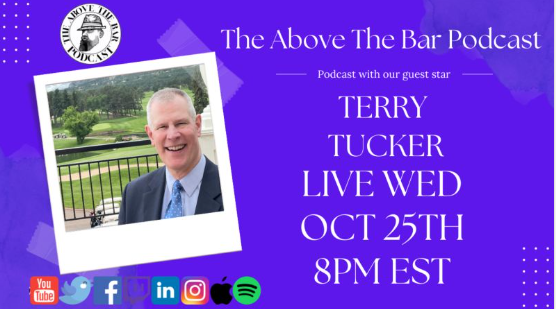

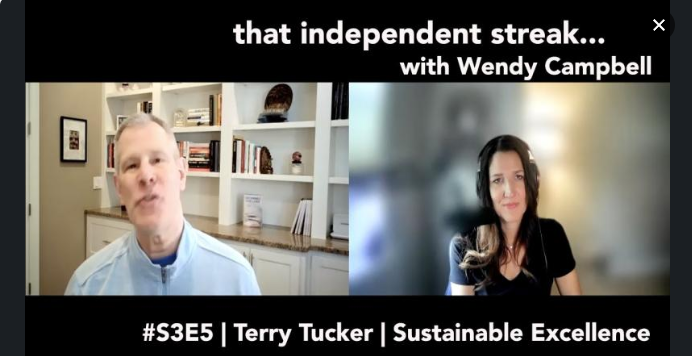

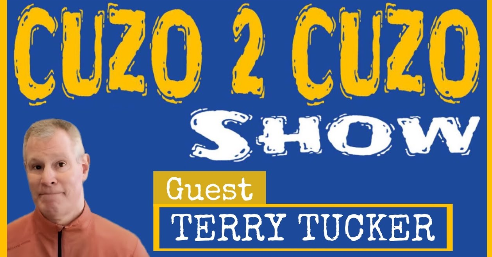
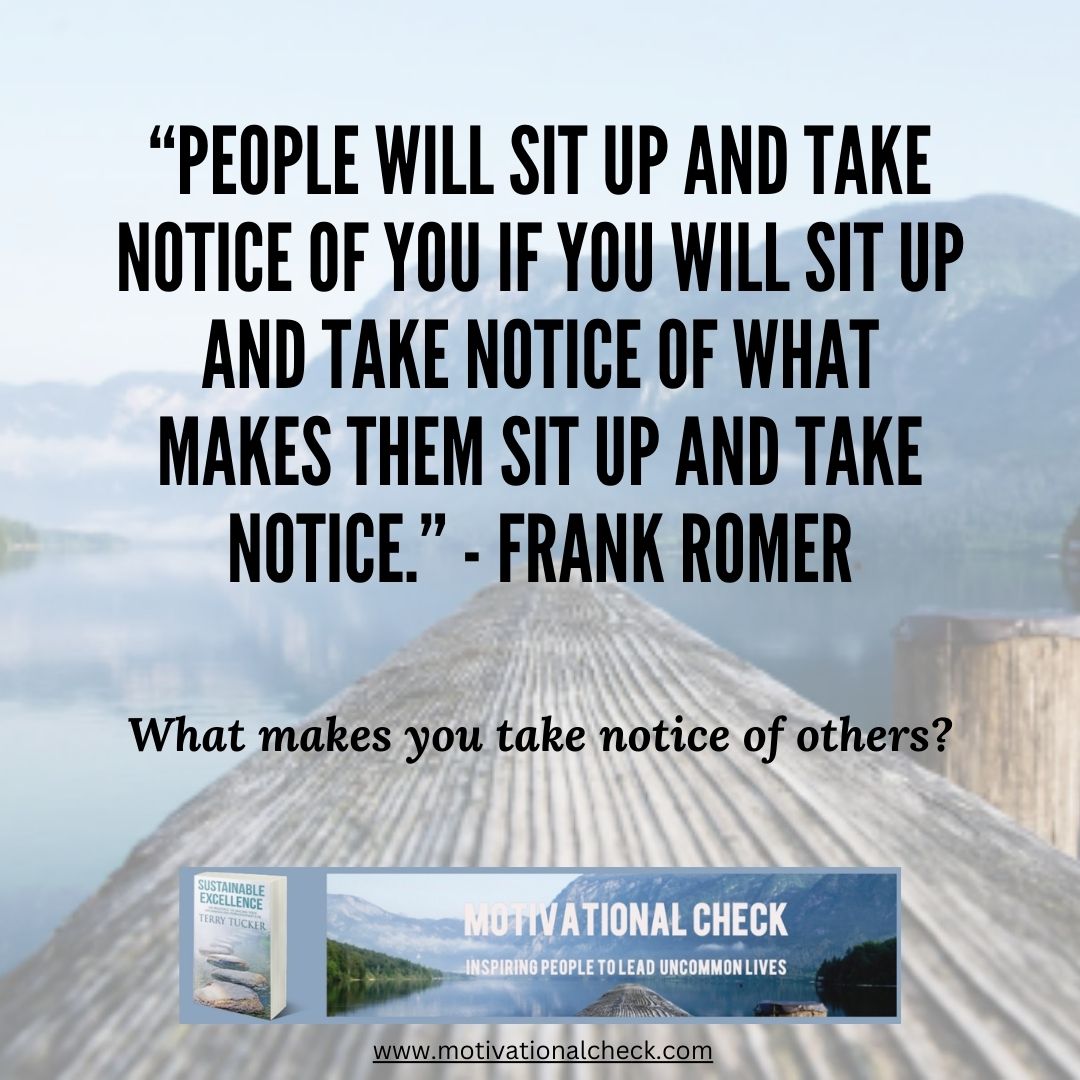



 RSS Feed
RSS Feed